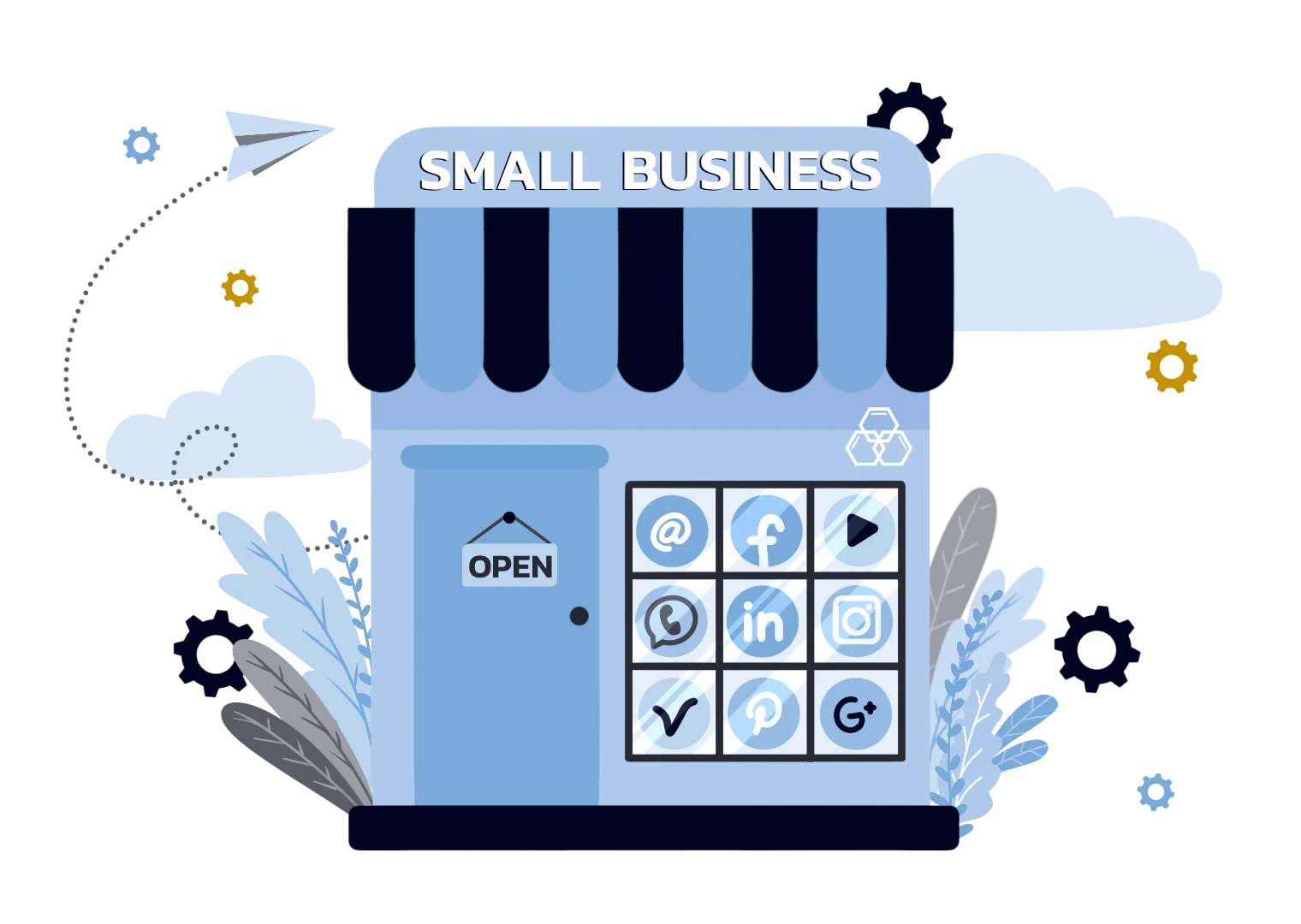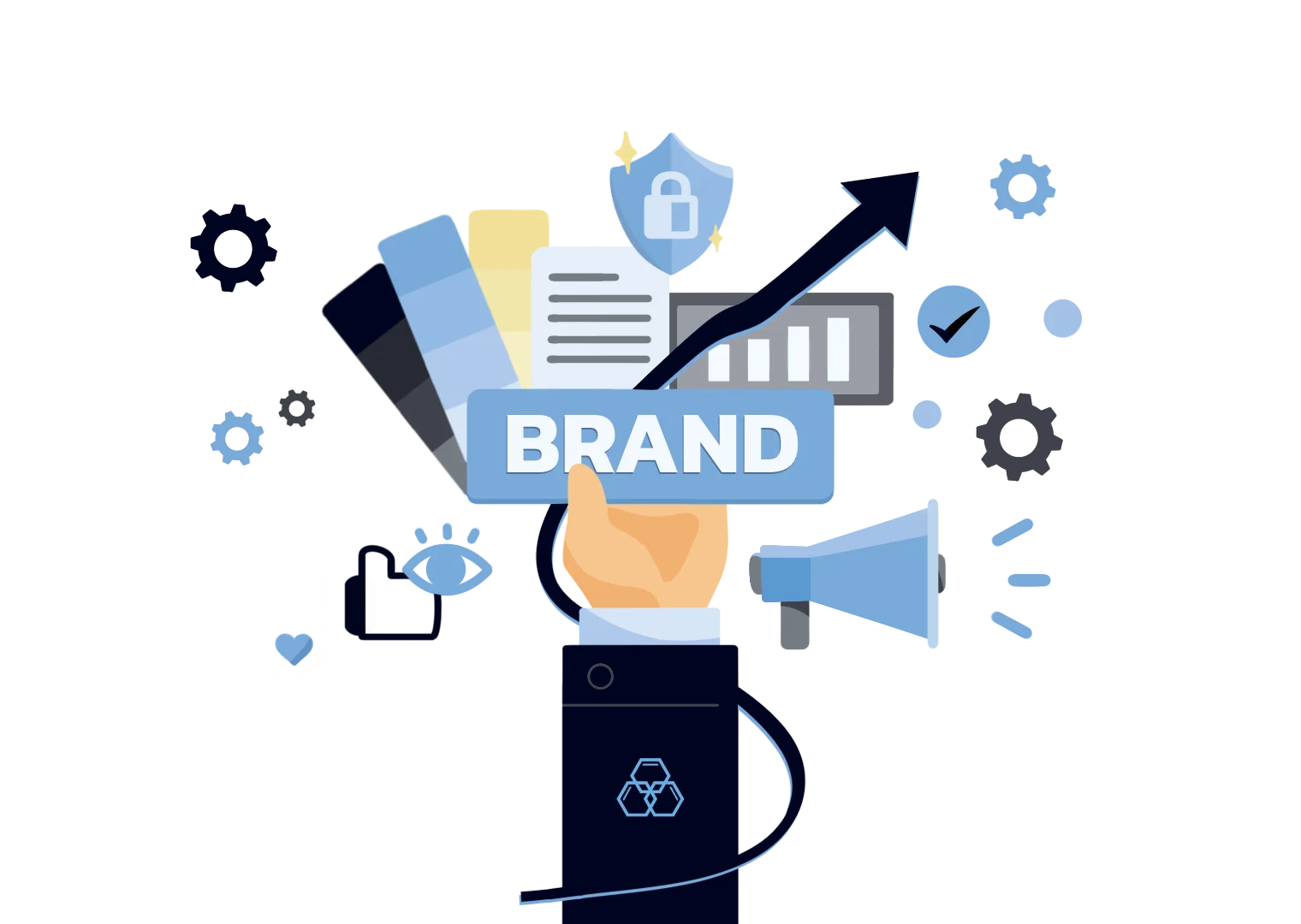When we talk about brands, we usually think about business brands or corporate branding. You probably don't think much about your own branding. It's an unusual concept to some, but whether you know it or not, you have your own personal branding, no matter whether you're a business owner or just an average person looking for a job.
In today's online era, where people rely heavily on the internet to find information about those they interact with or do business with, personal branding is more crucial than ever.
When you Google your name, what do you see? These results are what would help people form their first impression of you. Is it what you want them to see? Is it what you're sharing across Facebook, LinkedIn, or other social media profiles?
Whether for a job interview, digital marketing, or for personal reasons, chances are, someone is going to Google you to learn more about you before meeting or seeing you in real life.
The question is, do you want your brand to simply take a life of its own, or do you want to control and own your narrative?
What is Personal Branding?
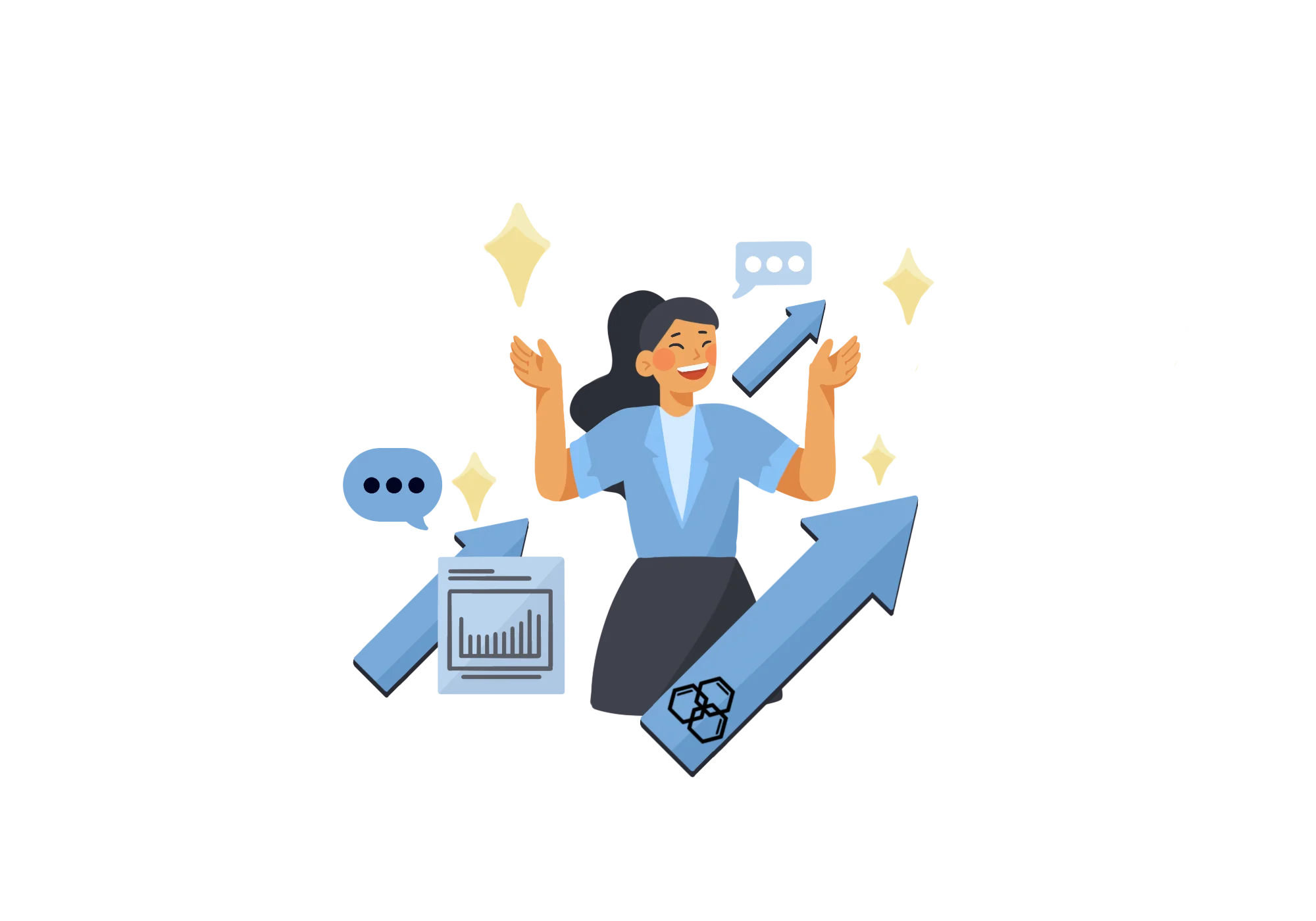
Everyone has a personal brand, whether intentional or developed organically. Traditionally, the term "branding" has been used solely for business. With the growth of social sites and the gig economy, personal branding has emerged and become essential.
Your personal brand is how you promote yourself to the world. It's the unique combination of personality, skills, and experience that you want the world to see. It's how you tell your story and how it reflects aspects of your personal life, including your conduct, attitudes, behavior, and spoken and unspoken words.
Professionally, your personal brand is the image people see when they think of you. It can be a combination of how they see you in real life, what the media is saying about you, and what information you make available online. An effective personal brand also evolves alongside your career and experiences while showcasing authenticity.
Done right, your personal branding efforts will differentiate you from your competition and enable you to build trust with prospective employers or clients.
Why is Personal Branding Important?

Whether you're an employee or a business owner, cultivating a personal brand has become vital for professional success. One reason for this is that it's becoming more common for employers to use social media in the hiring process.
A strong personal brand can help you attract the right people and land job opportunities. According to a 2018 survey, 70% of employers use social media platforms to screen candidates, and 40% use them to check on their current employees.

On the other hand, it's also beneficial for employers to have their employees create their own personal brands. When employees represent their companies, they're not only developing themselves and their brand but also giving more exposure to the company.
Personal branding also helps you meet business goals and open doors to lead generation and speaking engagements. When a company's employees are also viewed as trustworthy leaders in a field, they can help retain and get more customers.
Social media influencers rely heavily on personal branding. Today's attention economy views attention as a scarce resource, prompting influencers to work hard for a strong online presence. Often, the best way to stand out is by showcasing one's authentic beliefs and experiences.
How to build a Personal Brand
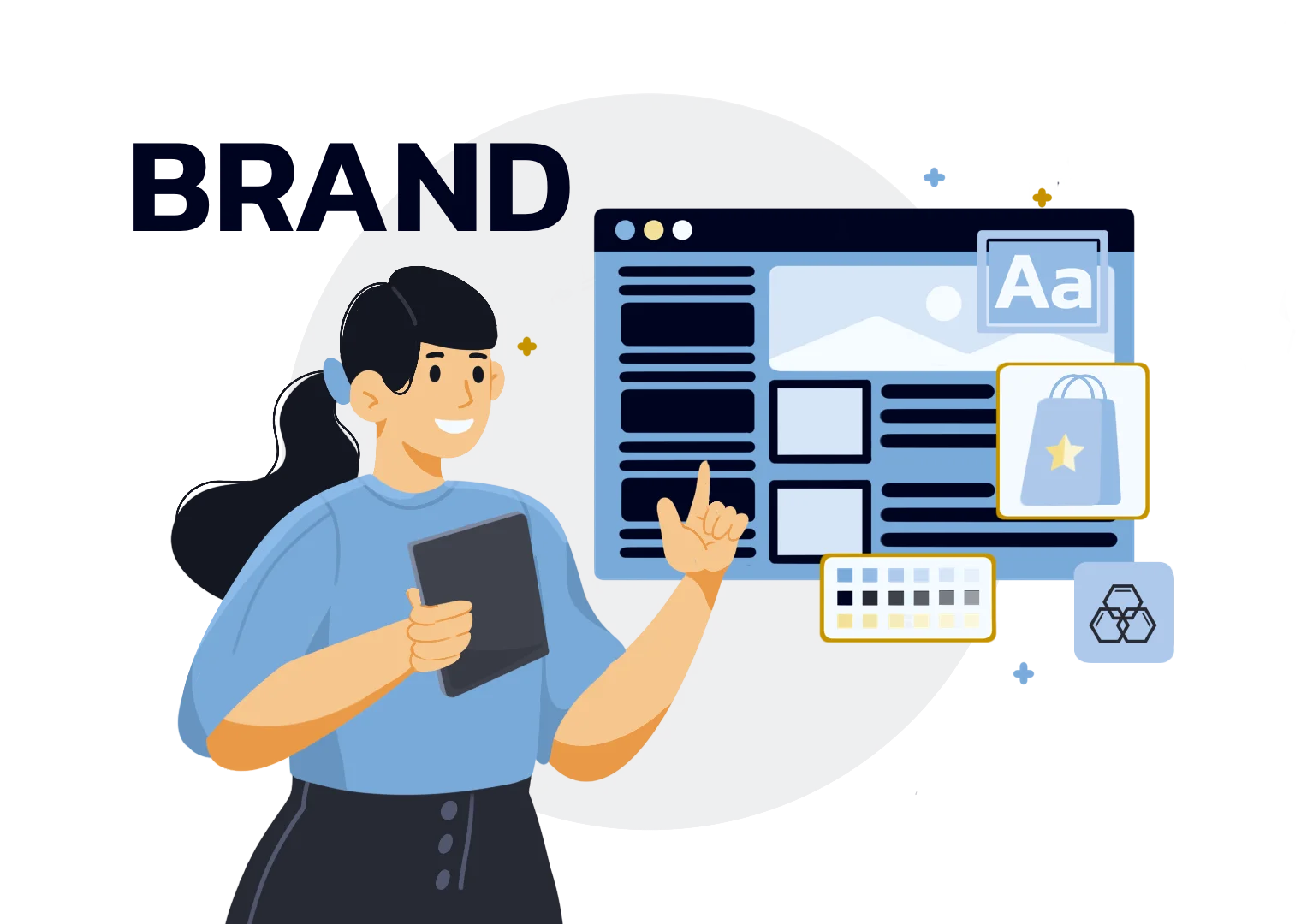
If you haven't tried working with your personal brand before, it can be frustrating to know where to start. Here are some steps you can follow to get you started.
1. Get To Know Yourself
Conducting a personal brand audit allows you to review your brand's current state and assess how you are perceived. Think about your strengths, what you like doing, your most important qualities, and what makes you unique. Also, determine what you want to be known for.
Write all these down and see how you can turn them into a cohesive personal brand.
2. Define your audience and focus

In this part, you'll need to answer your "why." Answering that will help you define your audience, focus, and create a strong foundation for your brand.
Ask yourself like: ddoes my current personal brand work well? This is also where you put everything together to create your personal brand statement that encapsulates your value, reflects your personality, and speaks to your target audience in their language.
3. Tell Your Story
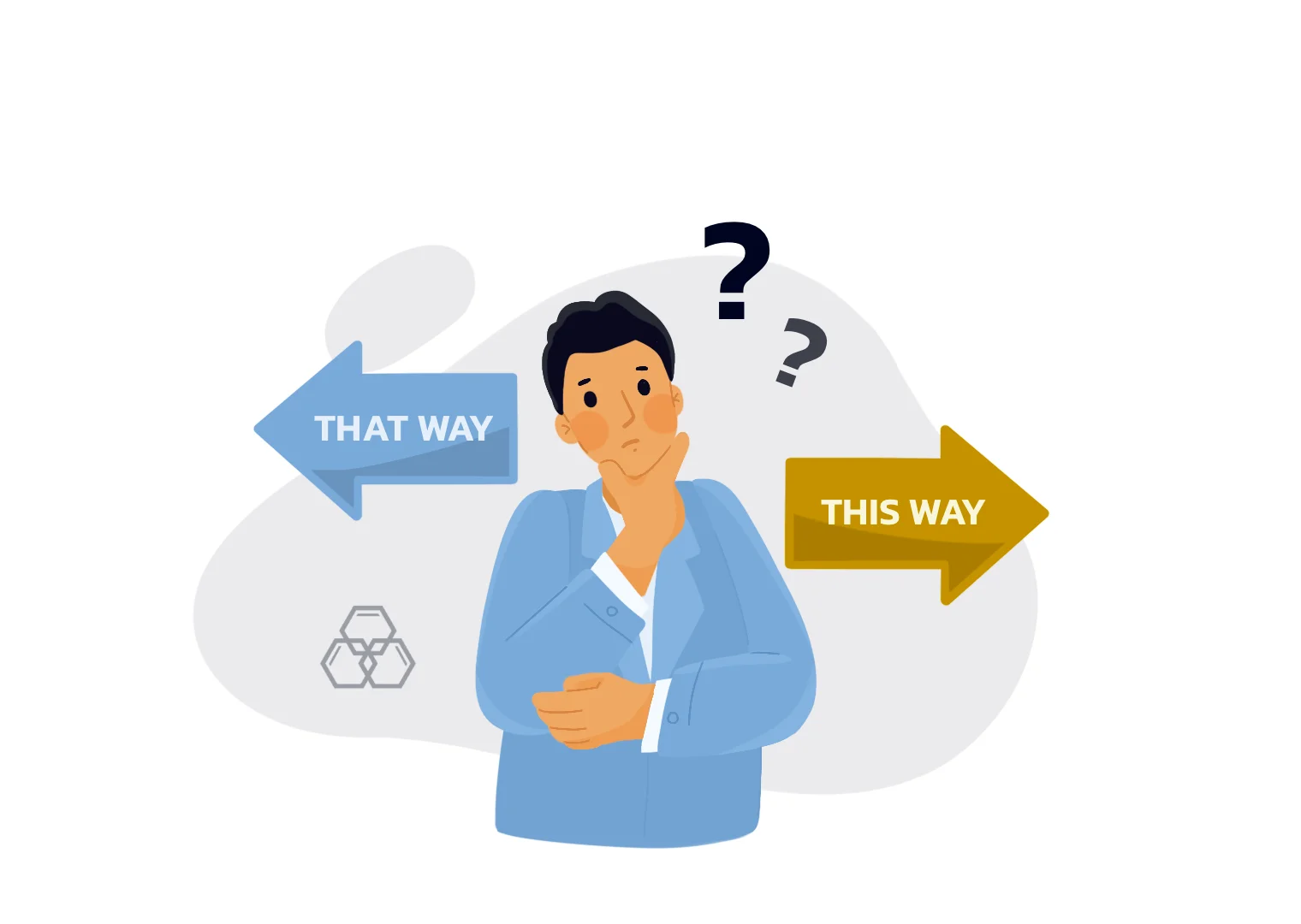
Your brand statement is only the jumping point in your personal branding strategy, where you tell your story. Even if you're not a great writer, write down your story in your voice first before working with a writer. Keep in mind, consistent personal brand messaging and visuals allow people to get to know you as an expert in your field.
To start, entrepreneurs and artists are often seen as authentic in their personal branding. You can continually expand by focusing on how you want others to see you. But remember, people follow those stories and core beliefs resonate with them.
You'll also want longer and shorter versions of it for various purposes, such as your website, social bios, press kits, or investor pitches.
4. Work On Your Social Media Presence
You can build your online presence by creating a website and publishing frequently. Also, work on becoming more active on social media. But don't forget that while a lot of business people think that it's all on social, it's really not. Spread out your personal branding activities across various channels.
5. Build Your Professional Network

When you network, you get your name out there. You can network with people one-on-one or online. When you're starting out, though, try to be helpful and not be the one asking for help right away. When you need help later down the line, that's when you call them up for assistance.
6. Keep It Up Offline
It's easy to build a brand online, but you also need to maintain that brand in person. You don't need to let it take over your entire life, of course, but there has to be consistency.
For instance, use the same vocabulary at events or keep the same composure you're portraying online. That's how people can get to know and recognize you more.
FAQs
What are the seven pillars of an effective personal branding?
The seven pillars of personal branding are essential for creating a strong professional identity:
- Authenticity: Be genuine and true to your values.
- Clarity: Clearly express who you are and what you offer.
- Consistency: Maintain uniformity in your message and visual identity.
- Visibility: Engage on relevant platforms to reach your audience.
- Purpose: Know your driving mission.
- Value: Deliver consistent benefits to your audience or clients.
- Resilience: Adapt and learn from feedback while staying true to your brand.
Together, these pillars give a competitive advantage and brand consistency.
What are the five key elements of a brand?
A strong brand, whether personal or corporate, is built on five key elements:
- Brand Image and Identity: This includes your logo, professional headshot, color palette, typography, and overall aesthetic.
- Brand Message: Consistent personal brand messaging allows people to get to know you as an expert, which builds trust.
- Brand Positioning: How you distinguish yourself in the market and the niche you occupy in consumers' minds.
- Brand Values: The fundamental beliefs that guide your actions and foster emotional connections with your community.
- Brand Experience: The total of all interactions people have with you, shaping their feelings about your brand.
These elements work together to create a memorable and trusted brand.
How do I brand myself?
Branding yourself involves defining and promoting your unique professional identity. Begin with self-discovery, identifying your core values, passions, strengths, and target audience. Then, create clear messaging, including a personal statement and a compelling bio. Establish visibility on key platforms like LinkedIn or a personal website, sharing content that demonstrates your expertise. Finally, engage authentically, build relationships, and seek feedback. Personal branding is an ongoing process of communicating your authentic self and building trust over time.
How do I identify my personal brand?
Identifying your personal brand involves introspection and seeking external feedback. Start by reflecting on your core values, passions, unique strengths, and the problems you enjoy solving. Analyze past successes to find common themes. Then, ask trusted colleagues or mentors how they perceive you and what value they associate with you. Their insights can be revealing. Finally, determine your target audience and their needs. Your personal brand exists at the intersection of your true self and how the world perceives you.
What words describe a personal brand?
Words that describe a personal brand fall into three categories: character traits, value propositions, and perception. Character traits include authentic, trustworthy, reliable, passionate, and innovative. Value propositions involve an expert, a specialist, a visionary, or a leader. Perception can be captured with words like memorable, professional, or approachable.
A strong personal brand combines these qualities, like "an authentic and knowledgeable expert who is approachable."
Use words that truly reflect how others experience you, rather than aspirational terms.
How Evolv Accelerates Your Personal Brand
You know now that building a strong personal brand is crucial, but doing it alone can feel overwhelming. Where do you start? This is where partnering with Evolv becomes your ultimate strategic advantage. We bring an objective, expert eye to diagnose your unique value, clarify your message, and identify your true target audience, removing the blind spots that hold you back.
We provide the accountability and expertise to execute efficiently. We also use the latest brand management and social media tools to empower your brand, saving you the tech stack cost. All of this ensures every touchpoint builds toward a singular, impactful goal, all this for a single monthly cost.
Let us know how Evolv can help you!



